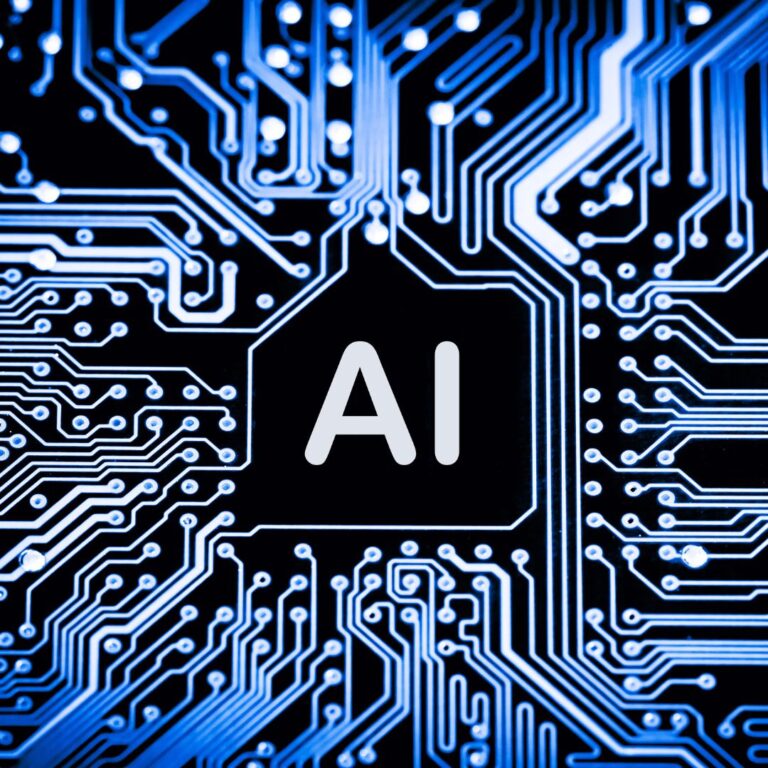As we progress through 2024, artificial intelligence (AI) continues to dominate conversations across various sectors. From enhancing business operations to reshaping creative processes, AI’s influence is expanding rapidly. This article explores the latest trends in AI, highlighting how it’s transforming industries and impacting daily life.
Key AI Trends in 2024
1. AI Code Assistants
AI code assistants are revolutionizing the programming landscape. Tools like GitHub Copilot, Codeium, and Tabnine leverage large language models to analyze and suggest code, debug existing scripts, and generate new code from text prompts. These tools significantly enhance developers’ productivity by automating routine tasks and providing advanced coding suggestions.
2. Digital Twins
Digital twins are virtual replicas of physical assets, systems, or processes. These 3D models allow for real-time monitoring and manipulation through software, finding applications in manufacturing, construction, and supply chain management. The ability to simulate scenarios and optimize operations without physical interventions makes digital twins invaluable for various industries.
3. AI in Social Media
AI’s integration into social media platforms is reshaping content creation and engagement. AI tools are being used to generate captions, optimize posts for SEO, and analyze user interactions to tailor content more effectively. Additionally, AI-driven social search is becoming more prevalent, enabling users to find relevant content based on keyword optimization.
4. Generative AI in Creative Industries
Generative AI is making waves in creative fields, from designing logos to creating music and art. AI-powered tools can generate unique designs, compose music, and even create entire visual artworks based on user inputs. This trend is democratizing creativity, allowing individuals and small businesses to produce professional-grade content without extensive resources.
5. AI in Customer Service
Customer service is being transformed by AI through the use of chatbots and virtual assistants. These AI-driven tools handle a wide range of customer interactions, providing quick and accurate responses. As AI continues to learn and improve, it offers increasingly personalized and efficient customer service experiences.
6. AI in Healthcare
AI’s role in healthcare is expanding, particularly in diagnostics and personalized medicine. AI algorithms analyze medical data to assist in diagnosing diseases, recommending treatments, and predicting patient outcomes. The integration of AI in healthcare aims to improve accuracy, reduce costs, and enhance patient care.
Practical Implications and Ethical Considerations
While AI offers numerous benefits, it also raises important ethical and practical considerations. Issues such as data privacy, algorithmic bias, and the displacement of jobs due to automation need to be addressed. Ensuring that AI development and deployment are guided by ethical principles is crucial for maximizing its positive impact while minimizing potential harms.
AI continues to be a transformative force in 2024, driving innovation and efficiency across multiple sectors. From coding and manufacturing to creative industries and customer service, AI’s applications are vast and varied. As we embrace these advancements, it is essential to consider the ethical implications and strive for responsible AI development to ensure a positive future for all.
By staying informed about these trends and understanding their implications, individuals and businesses can better navigate the evolving landscape of AI technology.

